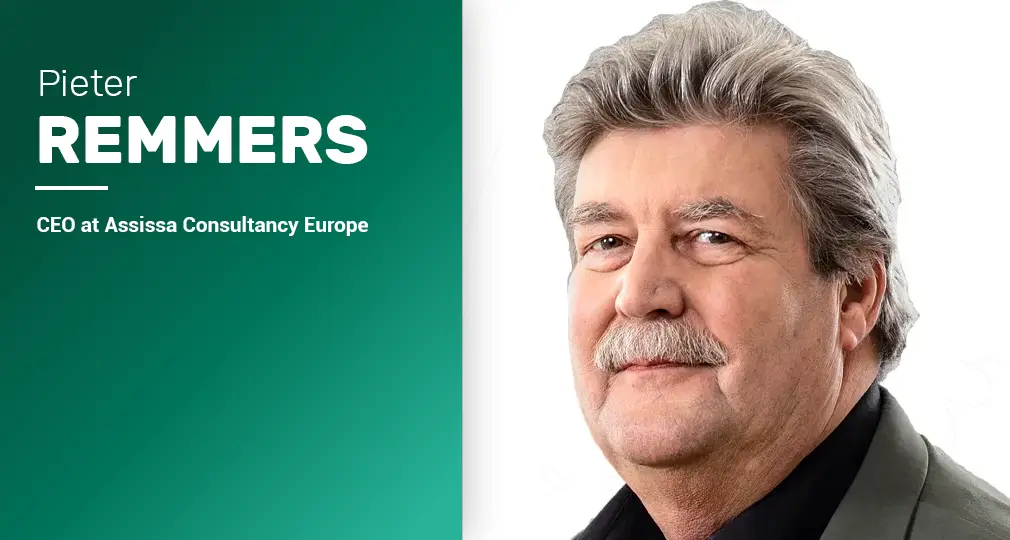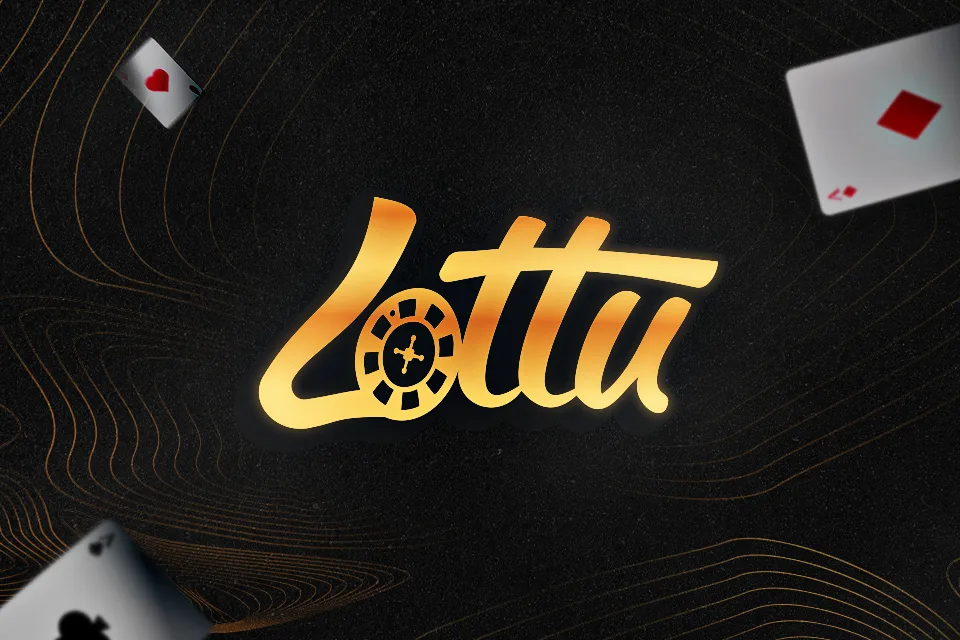Pieter Remmers, CEO at Assissa Consultancy Europe, is an expert in the area of responsible gaming, consultancy, and training of gambling industry professionals. He has shared curious information regarding the current state of the land-based and online gambling sectors, as well as the country’s regulations in this field. To get more information on this subject, read also the latest gambling news.
In general, how would you describe the current state of the gambling market in the Netherlands? What are the most serious challenges the industry is facing?
With and without coronavirus, the market is rather stable. We are experiencing the present situation with no regulated online gambling and betting, except for the offer of sports betting and horse-betting via a few online sites, already for decades. In fact, that means it looks like a regulated non-regulated market. The biggest challenge is going to be the political decision on what is allowed and what is not when the market is going to be opened in July (?) next year.
Does the country provide licenses to foreign gambling operators? If yes, how did it influence local businesses? If no, will it happen in the nearest future?
At present licenses are only provided to land-based operators (Holland Casino and Slot machine arcade operators) of which Holland Casino is still a monopoly and the decision whether the casino industry should be privatized is postponed. But it would be possible that foreign operators are getting a license, especially since we are members of the EU and cannot exclude EU partners. Slot machine arcade operators can be foreign operators as well, but they need to get a Dutch license to operate. For the expected online licenses to be given out, there is a mixture of local and foreign operators interested. Of course, this will influence local/national companies as it looks like some of the foreign operators are very well experienced operators with a big market share.
What about gambling laws in the Netherlands? Do you consider them to be quite relaxed?
We have typically not too complicated gambling laws for the land-based part. However, it looks like the Dutch Gambling Authority is very much focused on control and it looks like regulations are getting tighter. Definitely, regarding the new laws and regulations for the establishments of the online part, I am afraid of overregulation. In my opinion, there should be only generic regulations regarding what is allowed, and in partnership with all stakeholders, further arrangements should be made. A focus should be on consumer protection, as well as problem and responsible gaming, based on a stepped care model and shared responsibilities.
At present, offering gambling on the Internet is prohibited in the Netherlands. However, if the Online Gambling Act comes into force, the market will be open on July 1, 2021. What significant changes will it bring?
Except for what I mentioned earlier in relation to what is possible at this moment already. Some of the bigger foreign operators that are now ‘illegal’ are very well-known by the players and it would not surprise me if players are going back to these operators. At the same time, Dutch gambling and lottery operators at this moment would also like to obtain a license. This all means a big part of the potential market seems to be taken already. It will be difficult for the smaller ‘new kids on the block’, not a lot of chance to survive in a limited market.
How can operators find the golden mean between the promotion of responsible gambling principles and revenue increase? Is it possible to do this under current conditions?
I think that accreditation and certification with a focus on Responsible Gambling standards are essential for operators, but also for technology or service providers, to survive. Not a focus on a short term vision, but running a long term sustainable business. Corona has changed the business to a certain extent, but the responsibility is key in the business.
Read more: Best US Online Casinos












